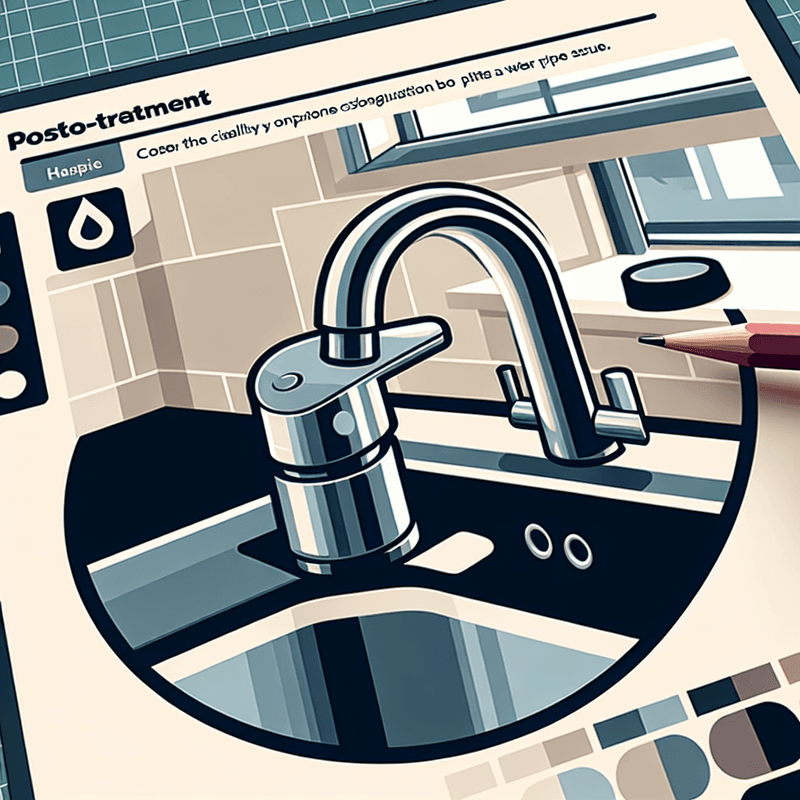If you've noticed your home feels a bit chillier or your hot water isn't as hot as it used to be, the problem might not be with your heating or plumbing fixtures directly but with the boiler losing pressure. It’s an issue that can affect the efficiency and functionality of your heating system, and understanding what causes this can help you get things back to normal quickly.
Boilers losing pressure is a relatively common issue, and while it can sometimes be fixed relatively quickly, it typically indicates a deeper issue within your home’s heating system. The problem may not only lead to inadequate heating but can also escalate into more significant boiler damage if not addressed promptly.
Understanding Boiler Pressure
Boiler pressure is crucial for the hot water to circulate properly through your heating system. This pressure is usually maintained at a certain level to ensure the effective operation of the system. When the pressure drops, the efficiency and capacity of your heating to deliver hot water when needed drop accordingly.
Common Causes of Pressure Loss
There are several reasons why a boiler might lose pressure, but the most common include:
1. Leaks in the Heating System: This is the most frequent cause. A small leak, often unnoticed, can be enough to affect your boiler’s pressure. Checking for wet patches on the pipes, alongside the boiler, or on radiators can indicate where the leak might be.
2. Recently Bled Radiators: If you’ve recently bled your radiators to remove trapped air, this can temporarily lower the pressure in your heating system. It can usually be resolved by repressurising your boiler.
3. Faulty Boiler Components: Components within the boiler, such as pressure relief valves or heat exchangers, can wear out or be damaged, leading to pressure issues.
How to Identify a Pressure Issue
On your boiler, there should be a pressure gauge. The normal pressure is typically marked on the gauge, often between 1-1.5 bar. If the needle is below 1, there’s a good chance your boiler is experiencing low pressure.
Steps to Re-Pressurise Your Boiler
Before attempting to repressurise your boiler, consult your boiler's manual. The manual will have specific instructions on how to re-pressurise your particular model. Generally, this involves opening the filling loop to allow water back into the boiler until the gauge reads within the normal range.
When to Call a Professional
If repressurising your boiler doesn’t resolve the issue, or if the pressure continues to drop after repressurisation, it’s time to call in a professional. Continual loss of pressure suggests a persistent leak or a faulty part that needs replacement.
Long-Term Prevention
Regular maintenance is key to preventing pressure issues in your boiler. An annual service by a certified professional can help identify potential problems before they result in pressure loss. It’s also wise to regularly check the pressure gauge and be on the lookout for any visible signs of leaks around your boiler and radiator system.
Conclusion
Boiler pressure issues can range from minor annoyances to symptoms of a more serious underlying problem. By understanding how to spot these issues early and responding appropriately, you can maintain an efficient and effective heating system. If you consistently experience issues with your boiler pressure, it’s advisable to have a professional diagnose and resolve the problem to prevent long-standing damage to your heating system. Remember, a well-maintained boiler is not only more efficient but also safer.





